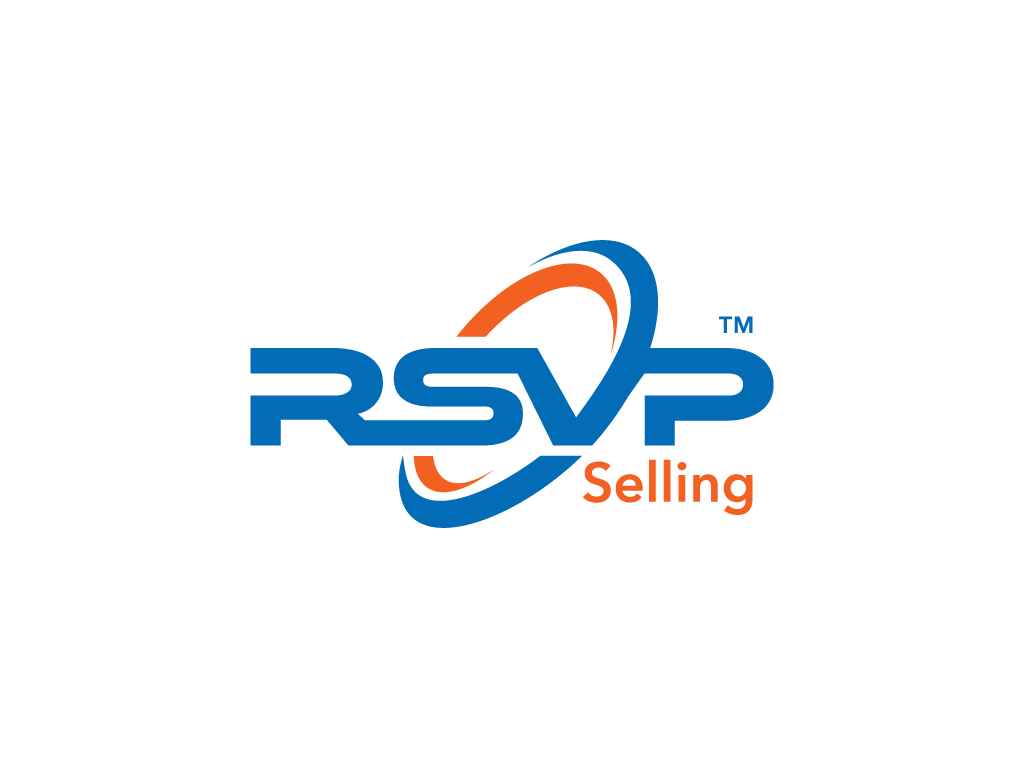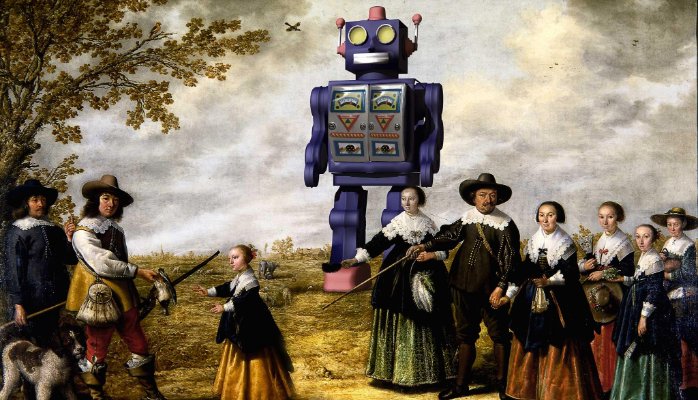Sales, the final frontier...
Social, Mobile, Cloud and Big Data have dominated the ‘trend’ conversations in 2014, and all four will continue to gain momentum as change agents in B2B and B2C business. But in 2015 they will be accompanied by three complementary technologies – the dawn of AI (Artificial Intelligence; yes the scary self-learning type), micro predictive analytics (BI leveraging big data) and the maturing of mobility proximity (beacons and geo-fencing). All seven of these elements together coupled with the dawning explosion of sensors everywhere, will represent unprecedented technological synergies and the use-cases are limitless in transformative customer experience. It’s already happening and Amazon is an example.
But almost all the hype around these advancements has missed an important consideration… technology is ushering in an era of distraction and artificial connection. The appearance of connection is not the same as real connection. An ‘always on’ and ‘always connected’ world means no-one is really concentrating and ADD is a constant barrier to meaningful conversation and genuine engagement. There are 1,000 channels but there’s nothing on. The noise is deafening but no-one can hear. The sheer volume of content, channels and workload is killing quality. In short – people are skimming, misinterpreting, clicking away and tuning-out. Miscommunication and misunderstanding is everywhere.
But technology is evolving at a faster rate than any of the creators could imagine. Where could all this take B2B and B2C selling? Could AI and the enabling data sources mean that technology could create relevance in every dimension, even assessing our ‘mood’. When process automation crosses over into automated engagement, then sales people are facing an apocalyptic threat. By 2020, could the majority of salespeople be replaced by AI? If the value of a sales person is defined by providing information and enabling someone to transact; then the answer, sadly, is definitely ‘yes’.
How can sales people avoid digitally driven extinction? The answer is value – the creation of value for customers and employer through traditional concepts executed innovatively with technology. We live in a human world and emotional connections are what influence us, motivate us, and inspire us. Everything old (value selling, solution selling, insight selling, trusted advisor, etc.) will be new again because it is how to best differentiate in a human world. But only for those who can adopt blended engagement models where differentiation is created through the combination of online and physical presence with digital and human interaction. This is future for the most successful sales people… the ones who will prosper beyond 2020.
I predict a great future for you in sales but only if you learn to create innovative mash-ups of proven selling principles combined with new world digital engagement to meet and serve your markets and customers where they are and how they prefer to interact. Sales must move higher up the value chain to conduct the digital symphony. In many ways, this will bring you closer to the customer than ever: if they let you in. You must be the signal in the noise to break through so I will write more on how to do this strategically in upcoming posts, to in essence, future-proof you.
If you valued this article, please hit the ‘like' and ‘share’ buttons below. This article was originally published in LinkedIn here where you can comment. Also follow the award winning LinkedIn blog here or visit Tony’s leadership blog at his keynote speaker website: www.TonyHughes.com.au.
Main Image Photo by Flickr: OiMax










